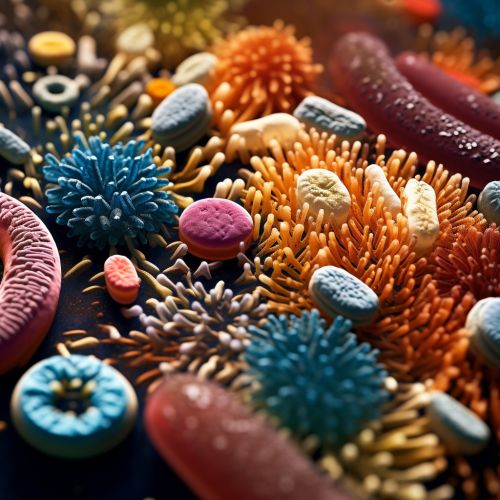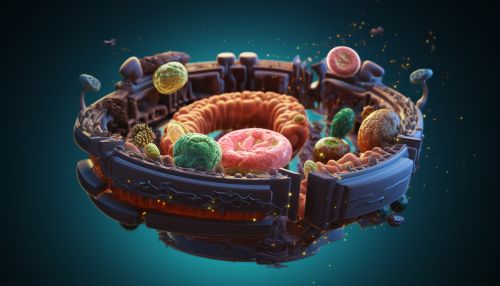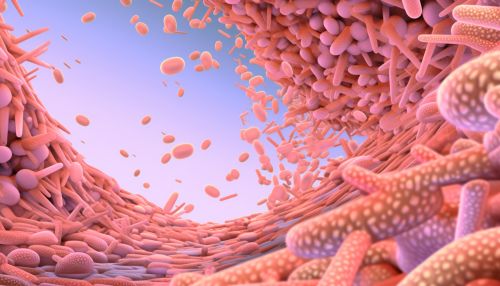The Science of Human Gut Microbiota and Health
Introduction
The human gut microbiota, often referred to as gut flora or gut microbiome, represents the intricate community of microorganisms residing within the digestive tract. This ecosystem, comprising bacteria, viruses, fungi, and other microscopic entities, is instrumental in maintaining our health and overall well-being. The gut microbiota impacts a wide range of bodily functions, from our metabolism and immune function to our mood and mental health more on this.


Composition of the Gut Microbiota
The gut microbiota exhibits immense diversity, with estimates indicating the presence of over 1000 distinct species of bacteria. These bacteria predominantly belong to a few phyla, including Firmicutes, Bacteroidetes, Actinobacteria, and Proteobacteria. Each individual's gut microbiota is unique, being influenced by factors such as diet, lifestyle, genetics, and exposure to antibiotics more on this.
Role in Digestion
One of the primary functions of the gut microbiota is to assist in digestion. The gut bacteria facilitate the breakdown of complex carbohydrates and proteins that our own digestive enzymes are unable to process. This activity results in the production of short-chain fatty acids (SCFAs), which serve as a vital energy source for the cells lining our gut more on this.


Impact on Immune Function
The gut microbiota plays a pivotal role in shaping our immune system. It aids the immune system in differentiating between harmless and harmful microbes, and also generates substances that can directly eliminate or inhibit the growth of harmful bacteria. Furthermore, certain gut bacteria can modulate the immune response, thereby reducing inflammation and promoting immune tolerance more on this.
Gut Microbiota and Disease
Imbalances in the gut microbiota, termed as dysbiosis, have been associated with a variety of diseases, encompassing inflammatory bowel disease, obesity, diabetes, and even mental health disorders such as depression and anxiety. While research in this domain is still nascent, it is evident that maintaining a healthy gut microbiota is essential for overall health more on this.


Modulating the Gut Microbiota
There exist several methods to modulate the gut microbiota for health improvement. These include dietary interventions, such as consuming a diet abundant in fiber and fermented foods, as well as the intake of probiotics and prebiotics. Fecal microbiota transplantation (FMT), a procedure wherein stool from a healthy donor is transplanted into a patient, is another promising strategy for treating certain diseases associated with dysbiosis more on this.


Future Directions
The realm of gut microbiota research is still in its infancy, and there is much that remains unknown. However, it is unequivocal that the gut microbiota plays a vital role in our health, and that its modulation could provide new avenues for disease prevention and treatment. Future research is likely to concentrate on deciphering the complex interactions between the gut microbiota and the host, in addition to developing novel strategies for modulating the gut microbiota to enhance health.
